International School for Social and Business Studies/ISSBS (P3) is a dynamic private higher education institution, located in Celje, Slovenia, founded in 2006, with approx. 500 students and 50 faculty and staff members, delivering curricula in the fields of economics, management in education, and business and administrative sciences at all three levels of study (bachelor, masters and doctoral). From the point of study programme delivery, ISSBS also conducts a Master’s study programme Management and Quality in Education directly covering the topics of education and teaching – e.g., quality and management in education, e-learning, lifelong learning, and human resource development practices. Among the ISSBS’s prominent features are its high-quality academics and long-standing international vocation in study and research. Innovations, responsiveness, and adaptability to new trends are the specific advantages of the ISSBS.

The ISSBS’ internationalization process has consolidated and initiated new relations with other faculties and research centers abroad. This process has encouraged professors and students to be more and more involved in European and international exchange programmes. Besides regular study programmes, ISSBS also delivers (non-formal) training programmes for different target groups. In some cases, those programmes are offered in a blended learning approach using existing ISSBS’s digital infrastructure. Many of those programmes, especially the ones provided in the context of international projects financed by the EU, are offered for personnel from primary as well as secondary schools – teachers, social workers, headteachers. ISSBS and its staff have extensive experience in the development and implementation of e-learning. In recent years, they have developed their own concept of blended learning as well as distance learning using either the infrastructure of Moodle platform – for education, or LearnDash or WordPress platform – for delivery of distant training within various R&D projects. Virtual learning environments include the inclusion of various digital teaching materials and major interactive approaches such as videos, forums, wikis, quizzes, etc. as well as the elements of gamification. Many of the learning platforms which have been created in the context of international projects also support multi-language use.


